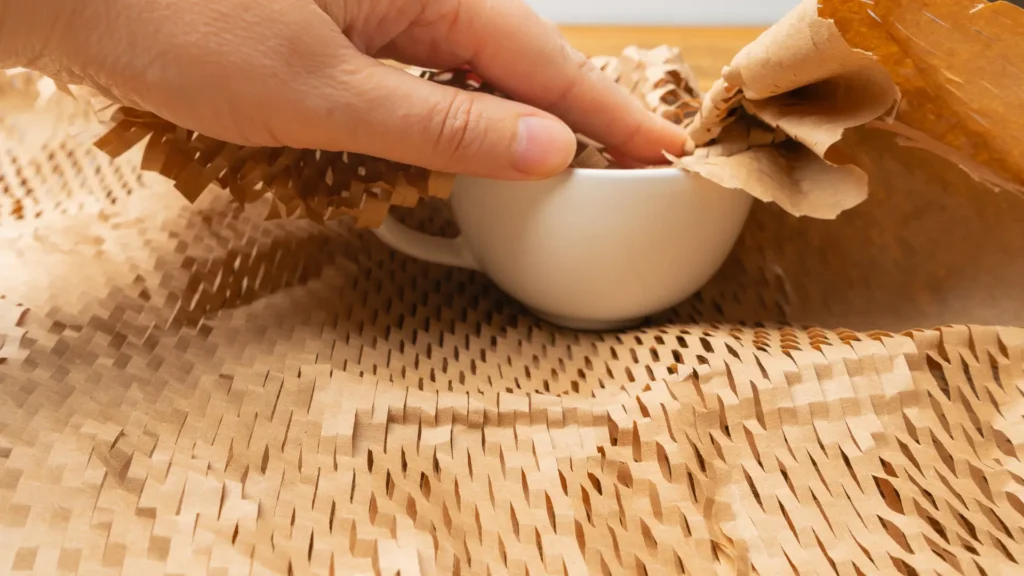Uncategorized
December 28, 2024
As businesses increasingly prioritise sustainability, many seek ways to cut down on plastic packaging, especially traditional bubble wrap.
Donec venenatis posuere sapien. Mauris auctor suscipit lectus eu tincidunt. Ut sed felis eros. Mauris volutpat erat ac ultricies commodo. Etiam et eros dolor. Cras bibendum mi ac ipsum malesuada, ut bibendum elit aliquam. Curabitur hendrerit iaculis ante vel consequat. Donec lacinia nibh eget quam volutpat luctus. Mauris in vehicula quam.

Vestibulum in nibh lacus. Proin commodo gravida eros vitae malesuada. Maecenas sed egestas dui. Cras risus mi, vestibulum at sem in, sodales congue velit. Cras ante risus, efficitur ac elementum at, convallis hendrerit risus. Sed dolor ipsum, sagittis vel lobortis nec, dignissim nec leo. Ut lacinia vestibulum mauris, nec molestie sapien vulputate sed.
Vestibulum eget turpis ac lorem congue auctor. Donec consequat rhoncus risus eget commodo. Nunc at eros elementum, accumsan tortor placerat, laoreet nisl. In a accumsan tortor, sed porta risus. Nullam at justo lobortis, pharetra metus in, finibus tortor. Vestibulum venenatis nibh odio, convallis dignissim ante interdum sit amet.
“Creativity doesn’t wait for that perfect moment. It fashions its own perfect moments out of ordinary ones.” – Bruce Garrabrandt
Quisque bibendum iaculis dictum. Suspendisse in pellentesque nulla, non interdum erat. Curabitur in lacinia metus. Vestibulum at purus arcu. Aliquam interdum sit amet purus non aliquam. Nunc hendrerit enim id sodales iaculis. Phasellus augue tortor, facilisis suscipit fringilla faucibus, tempor laoreet diam. Duis ut nunc in nulla tristique ultricies. Aenean suscipit sapien eget nulla sodales elementum. Duis et elementum sem. Mauris dignissim nunc nisl, vitae rhoncus risus ultrices eget. Mauris nec porta elit, et porta velit. Ut sed placerat libero, scelerisque sollicitudin augue. Etiam a ullamcorper quam. Suspendisse a euismod neque.
Post tag :
Uncategorized

hafiz.asimali1
Lorem ipsum dolor sit amet, consec tetur adipiscing elit.

Copyright 2024 HV Solution All rights reserved.
Design & Managed by Marketsuitepro